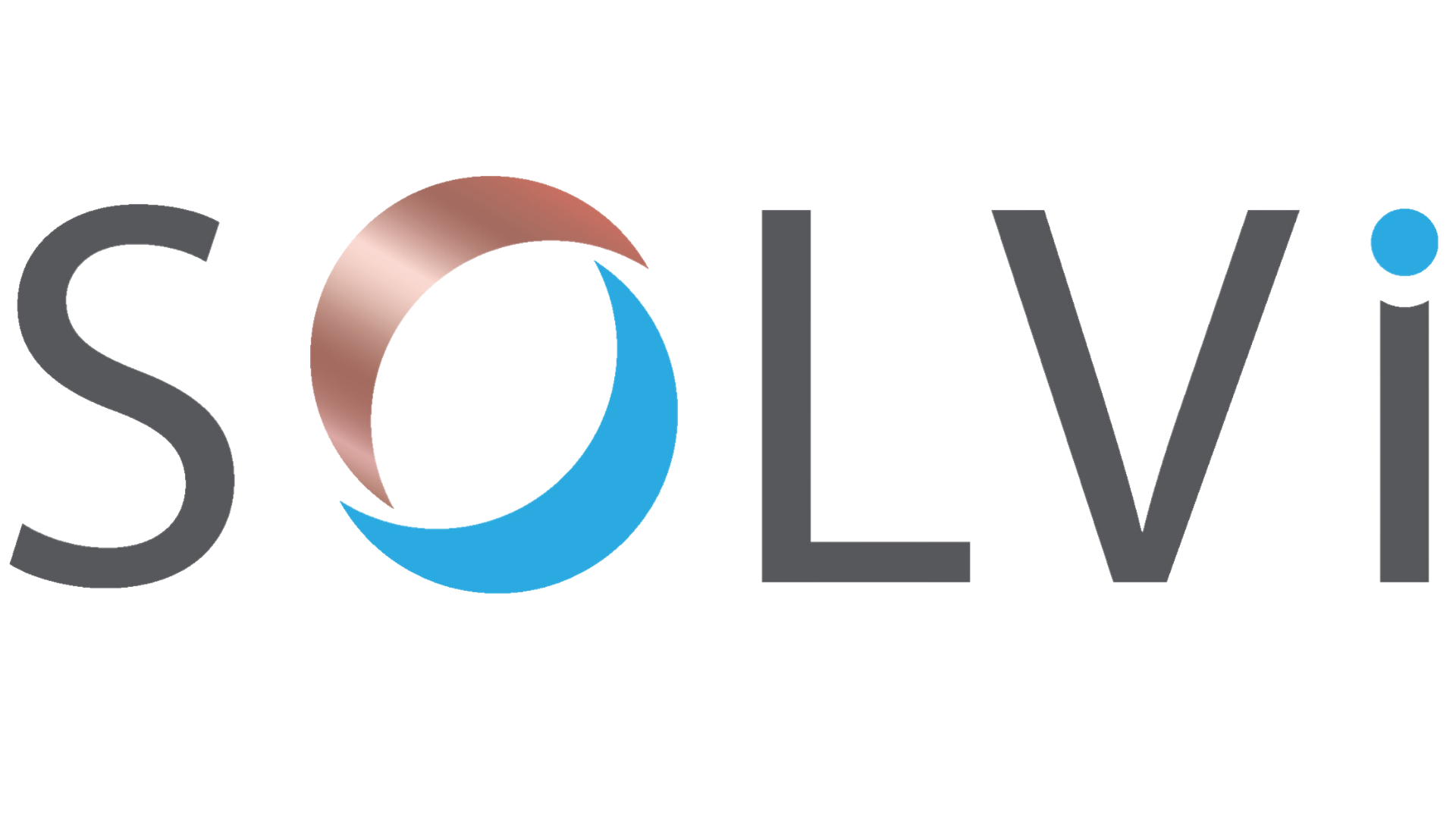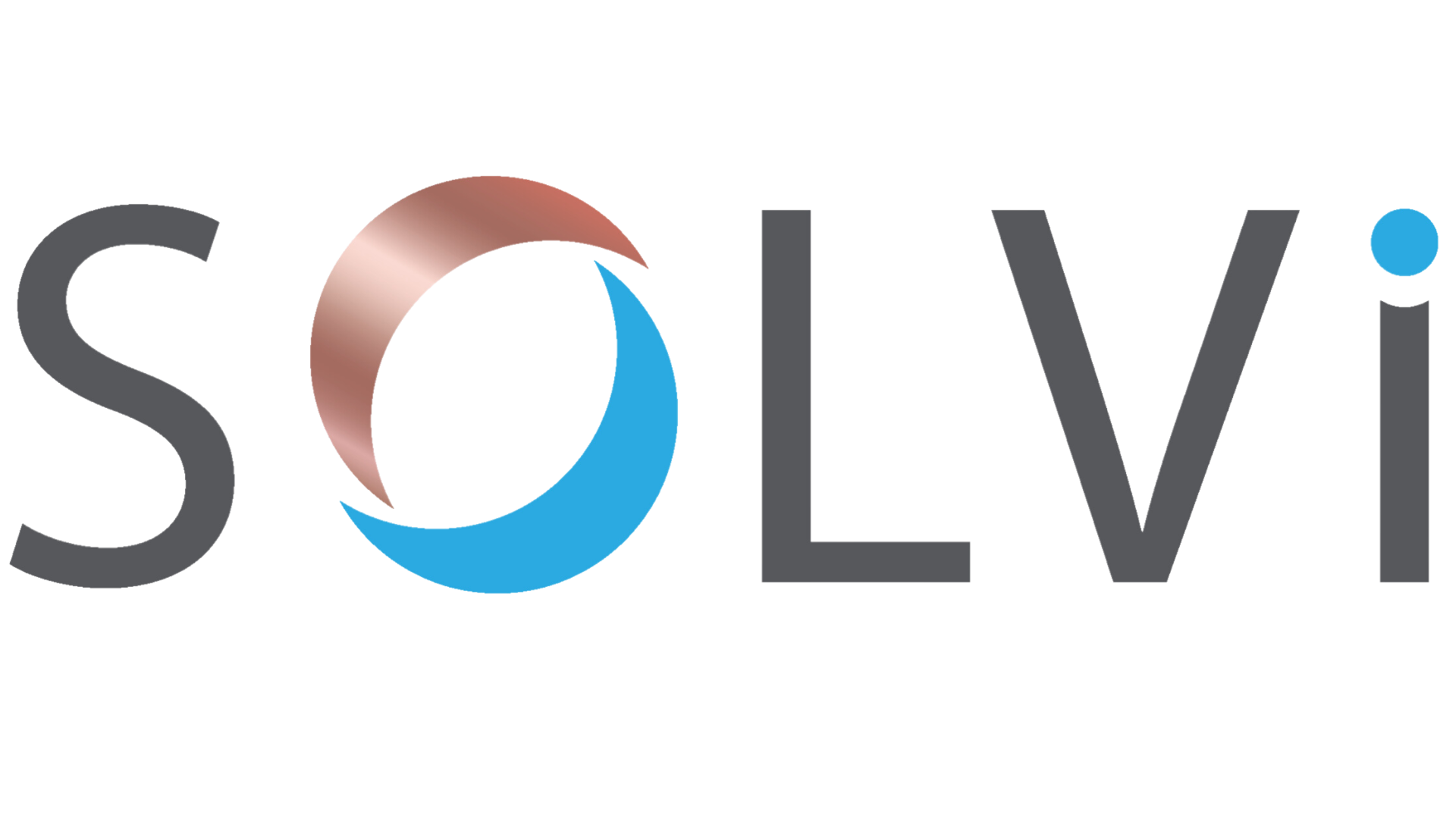Australia is a great place to live and work. Our passion is to help Registered Nurses living overseas to work and experience the great Aussie lifestyle. However, navigating the complexities of migrating to Australia can be daunting.
SOLVi Migration has been assisting nurses to gain registration and successfully migrate independently. Our dedicated team of legal experts specialises in guiding overseas registered nurses through the intricate visa and registration processes, ensuring a smooth transition to working in Australia.
We are committed to providing personalised support every step of the way, from initial eligibility assessments and visa applications to professional registration and employment advice. Trust us to help you achieve your dream of a rewarding nursing career in Australia.

VISA’S WE CAN HELP WITH

Employer Sponsored

Skilled Independent
MAKING AUSTRALIAN MIGRATION EASY

Why Migration Advice in Facebook & WhatsApp Groups Can Lead You Astray
If you’re an internationally qualified nurse or midwife dreaming of a new life in Australia, chances are you’ve spent hours scrolling Facebook groups, reading WhatsApp messages, or listening to advice from friends who’ve “done it before.”
And why wouldn’t you?
It feels like the easiest, fastest, cheapest way to get information.
But here’s the truth: Relying on migration ‘advice’ in these groups can lead to serious mistakes, delays, and even permanent visa refusals.
In this blog, we’re going to explain why you shouldn’t trust everything you read online—and how to get the right advice for your Australian migration journey.
Why Facebook & WhatsApp Groups Feel Helpful (But Are Dangerous)
We get it.
These groups feel like a community. People are sharing their experiences, their struggles, their ‘hacks’—and it feels like you’re getting insider knowledge for free.
But here’s the problem:
❌ Everyone’s situation is different.
What worked for one nurse three years ago might not work for you today. Migration rules change constantly, and so do registration requirements.
❌ Most people in these groups aren’t qualified to give advice.
They’re not lawyers. They’re not registered migration agents. They’re not policy makers. They’re just people sharing their own experience—which may be completely irrelevant to your case.
❌ People often oversimplify or misunderstand the process.
We regularly see incorrect advice being passed around in these forums, especially when it comes to things like:
Whether you can exclude your partner from a visa
Whether your previous qualifications will automatically qualify you
Whether you need English language test results
Whether you should add your children to a visa later
Whether you need professional help or can ‘do it yourself’
❌ No one is legally responsible for the advice they give you.
When you follow advice from a Facebook comment and things go wrong—there’s no one to blame but yourself.
Real Consequences of Bad Advice
At SOLVi Migration, we’ve helped countless nurses who came to us after following bad advice online.
Here’s what we see all the time:
🚩 Nurses who thought they could get permanent residency first and then add their partner later—only to find out that’s not possible.
🚩 Nurses who lodged an Expression of Interest without understanding how the Australian points system works—and then missed out on nomination.
🚩 Nurses who assumed AHPRA registration meant they automatically qualified for a visa—which is false.
🚩 Nurses who thought English test exemptions applied to their visa application—when in fact, it doesn’t.
🚩 Nurses who wasted thousands of dollars and months of time trying to ‘DIY’ their migration process—only to have their application refused.
Why This Misinformation Spreads So Easily
The reality is that migration and registration law in Australia is deeply complex.
There are multiple stages:
AHPRA Registration
ANMAC Skills Assessment
Expression of Interest & Nomination by government or employer sponsor
Visa Application
Each of these has its own eligibility criteria, documents, timing, and legal rules.
The people in Facebook and WhatsApp groups often don’t understand how these steps connect—or how missing one requirement at one stage can ruin your entire migration plan.
They also don’t know the difference between an immigration lawyer and a migration agent.
Only an immigration lawyer can legally advise you on both the registration and visa processes, as well as related laws like employment law.
Why You Need Professional Advice
Your migration future is too important to risk on random online advice.
A small mistake now can cost you:
💰 Thousands of dollars in wasted visa fees (which are non-refundable)
🕒 Years of delay
🚫 A visa refusal that stays on your migration record permanently
The only way to protect your investment and your future is to get personalised, professional legal advice based on your unique circumstances.
What You Should Do Instead
If you’re serious about migrating to Australia, here’s what you need to do:
✅ Stop relying on group chats and unqualified advice.
These people won’t be responsible when things go wrong.
✅ Get a personalised legal assessment.
At SOLVi Migration, we assess your case properly and design a strategy to maximise your chances of success.
✅ Start your AHPRA registration the right way.
Without AHPRA registration, you can’t migrate as a nurse to Australia.
✅ Understand your eligibility, costs, and timeline.
This process is complex—but you can navigate it successfully with the right guidance.
Your Next Steps
If you’re ready to stop scrolling and start doing this properly, we’re here to help.
✅ Book a paid legal consultation with SOLVi Migration today.
We’ll assess your situation and give you a clear legal strategy to migrate independently to Australia.

✅ Need help with AHPRA registration? Join our Nurse Registration Course.
Get cost-effective, expert guidance and access to a supportive community so you can secure your AHPRA registration and move forward with your migration plans.
FAQS
What qualifications do I need as a nurse to migrate to Australia?
Generally, you will need a nursing qualification that is recognised in Australia, such as a bachelor’s degree in nursing or an equivalent qualification. You will also need to meet registration requirements with the Australian Health Practitioner Regulation Agency (AHPRA).
What is the process for registering as a nurse in Australia?
To practice as a nurse in Australia, you must be registered with AHPRA. The process involves submitting an application, providing proof of your qualifications and professional experience, and meeting English language requirements. Our team can assist you with this process - Read More.
Will I need a skills assessment?
Yes, most visa applications for nurses require a skills assessment conducted by the Australian Nursing and Midwifery Accreditation Council (ANMAC). This assessment ensures your qualifications and experience meet Australian standards. We can assist you with preparing and submitting your skills assessment application. Read more ...
What are the English requirements?
Depending on the pathway you gain registration and what visa pathway you take, the English requirements can vary from Competent to Proficient levels of English. Read More ...
What if me or my family has a health condition?
If you or a family member has a health condition, it is important to have the possible impact on your migration assessed by a professional before you submit any visa application. The Department of Home Affairs will require health assessments to ensure the condition does not pose a significant cost or burden to the Australian healthcare system. We can help you understand the implications and prepare the necessary documentation. Read more ...
What if me or my family have a character issue?
Character issues, such as past criminal records, must be disclosed in your visa application. The Department of Home Affairs assesses character issues on a case-by-case basis. We can provide advice on how to address these issues and the potential impact on your application.
Are visa fees refundable?
Visa fees are generally non-refundable, even if your application is refused or withdrawn. It is crucial to ensure your application is complete and meets all requirements to avoid losing your fee. Our team can help you prepare a strong application to minimise the risk of refusal.
What if I've been refused a visa in the past?
If you have been refused a visa in the past, it is essential to understand the reasons for the refusal and address them in any new application. We can review your previous refusal and advise on the best course of action to improve your chances of success.
Can I bring my family with me?
Yes, many visa types allow you to include eligible family members, such as your spouse or partner and dependent children, in your application. We can advise on the requirements and process for including your family in your migration plans.
Can't you find my a sponsor to pay for everything?
While some employers may offer sponsorship, which can cover visa and relocation costs, it is important to understand the conditions tied to employer-sponsored visas. Also worth noting, a sponsor is not legally required to pay your application fees. These conditions can include staying with the employer for a certain period. We can help you explore your options and find the best pathway for your situation. Read more ...
How long will the process take?
The processing time for visa applications can vary depending on the type of visa and individual circumstances. Generally, it can take from a few months to over a year. Our team will provide an estimated timeline based on your specific situation and keep you updated throughout the process.
What are the costs of migrating?
Costs can include visa application fees, skills assessment fees, and potentially relocation expenses. The exact costs will depend on the visa pathway you choose and any additional services you require. We will provide you with a transparent breakdown of costs during your consultation. Read more...
DOWNLOAD OUR FREE GUIDE ON EVERYTHING YOU NEED TO KNOW TO WORK IN AUSTRALIA
Contact Us
All RIGHTS RESERVED LIABILITY LIMITED BY A SCHEME APPROVED UNDER PROFESSIONAL STANDARDS LEGISLATION. LEGAL PRACTITIONERS EMPLOYED BY SOLVI PTY LTD (ABN 16 658 861 182) ARE MEMBERS OF THE SCHEME.
The information published on this webpage should not be taken as legal advice rather it should be considered for information purposes only.
COPYRIGHT © 2024 SOLVI PTY LTD
Contact Us
All RIGHTS RESERVED LIABILITY LIMITED BY A SCHEME APPROVED UNDER PROFESSIONAL STANDARDS LEGISLATION. LEGAL PRACTITIONERS EMPLOYED BY SOLVI PTY LTD (ABN 16 658 861 182) ARE MEMBERS OF THE SCHEME.
The information published on this webpage should not be taken as legal advice rather it should be considered for information purposes only.
COPYRIGHT © 2024 SOLVI PTY LTD








